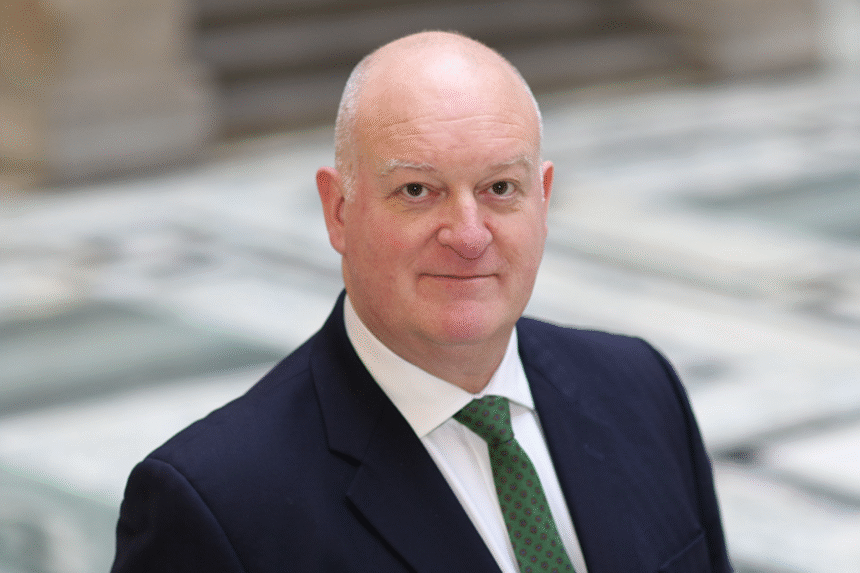The United Kingdom has called for the urgent formation of a new government in Kosovo and expressed deep concern over the closure of institutions serving the Serbian community in the north. These remarks came during a meeting of the OSCE Permanent Council, where the UK Ambassador to the OSCE met with Gerard McGurk, the Head of the OSCE Mission in Kosovo.
In its official statement, the UK welcomed the peaceful and competitive parliamentary elections held on February 9 in Kosovo, commending the vital support provided by the OSCE Mission to the Central Election Commission. However, British diplomats stressed the importance of swiftly forming a new government, underlining the need for political stability and inclusive governance.
“The United Kingdom continues to stress to its counterparts in Kosovo the urgency of forming a new government,” the statement said.
The UK expressed particular concern about the uncoordinated closure of institutions in Kosovo’s northern municipalities, which provide essential services to ethnic Serbs and other non-majority communities. These actions, the UK warned, could worsen interethnic tensions and undermine progress made toward building a multi-ethnic democracy.
“We are especially concerned about the uncoordinated nature of the shutdowns in the north, which affect services that are critical for the well-being of non-majority communities,” the statement read.
The UK also called on Serbia to fully cooperate in bringing to justice those responsible for the armed attack on KFOR troops in Banjska in September 2023. It further demanded cooperation in the ongoing investigation into the attack on the Ibër-Lepenc Canal, which supplies water to various parts of Kosovo.
The British delegation emphasized the importance of both Kosovo and Serbia fulfilling their respective obligations in the EU-facilitated dialogue, especially the establishment of the Association of Serb-Majority Municipalities, which remains a key sticking point.
“Both parties must honor the agreements reached during the dialogue process. Non-compliance undermines daily life for citizens and risks broader instability in the Western Balkans,” it added.
Addressing broader governance concerns, the UK raised issues about media freedom in Kosovo, referencing the World Press Freedom Index, which cited political interference in media institutions and threats to journalists’ safety.
“While we recognize Kosovo’s efforts in combating corruption, including its improved ranking in the Transparency International Corruption Perception Index, we remain troubled by reports of undue political influence over media outlets,” the statement continued.
The UK reaffirmed its strong and long-standing support for Kosovo as an independent and sovereign state, committed to helping it become a fully functioning, multi-ethnic democracy. During her recent visit to Kosovo, the UK Foreign Secretary reiterated the UK’s full backing of Kosovo’s Euro-Atlantic aspirations.
Looking forward, the UK pledged to continue promoting stability, security, and economic cooperation in the Western Balkans, notably through the efforts of UK Special Representative Dame Karen Pierce and by hosting the Berlin Process Summit in London this fall.







